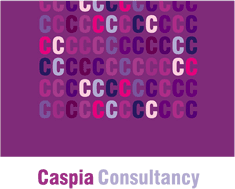Search Engine Optimisation (SEO)
Optimising website traffic in terms of relevant organic (non-paid) search and pay per click (Google Ads) paid search, plus relevant directories and inbound links are the bedrock of any online marketing campaign. If your website is not on page one of Google for relevant searches, then these prospects/contacts will go to competitors who are on page one. Remember, these are the hottest prospects you will ever get – people who are actively searching for the services that you offer.
In (very!) simple terms, Google rates each website by its importance. As well as taking into account many other things such as the metatags and content on your site, whether your site is mobile friendly, fast and secure (the user experience) it does this in part by measuring how many inbound links (links from other websites to your website) there are and what power the websites who are linking to you have. This measure of importance is called your PageRank.
According to Google: “PageRank works by counting the number and quality of links to a page to determine a rough estimate of how important the website is. The underlying assumption is that more important websites are likely to receive more links from other websites.”
PageRank is not the only algorithm used by Google to order search results, but it is the first algorithm that was used by the company, and it is the best known.
To give you the most useful information, Search algorithms look at many factors and signals, including the words of your query, relevance and usability of pages, expertise of sources, and your location and settings. Just think: when you search for ‘dogs’, you probably don’t want a page with the word ‘dogs’ on it hundreds of times. With that in mind, algorithms assess if a page contains other relevant content beyond the keyword ‘dogs’ – such as pictures of dogs, videos or even a list of breeds.The weight applied to each factor varies depending on the nature of your query. For example, the freshness of the content plays a bigger role in answering queries about current news topics than it does about dictionary definitions.
There are other complications since each page on your site will have its own PageRank. Also, Google will give you a boost based on the text of the inbound link. For example if someone links to your accountancy site in EC1 with the link “accountants EC1″ then you’ll be more likely to come up for search terms related to that keyword than if they simply link with your site URL or brand name.
The key elements that contribute to how high your site/page will rank in search results are:
- Relevance: The relevance of a web page to a specific search query is a crucial ranking factor.
- Authority: Authority refers to the perceived credibility and trustworthiness of a web page or website – heavily influenced by links into that page, see above
- User Experience: User experience has become an increasingly important ranking factor in recent years.
The importance of ranking highly in search engine results.
2023 data from firstpage.com demonstrates that ranking #1 generates a typical CTR (click through rate) of 39.8%. That’s more than double the CTR for 2nd position, 18.7%, and nearly 4x the CTR for 3rd position, 10.2%. In the lower positions of 9 to 10, CTR has fallen to a paltry sub 3%. But being at the top of Google offers more than an increased number of visitors; it is also an important statement for your company, offering distinction amongst your peers and reinforcing your brand image.
Social media and online and offline affiliations and partnerships with relevant communities will also be key, as will online PR and other content placements, plus there are other areas such as partnership and affiliate marketing and email marketing where Caspia’s experience could be used in terms of an initial return on any investment in our services – which also help to build your site PageRank. Relevant online directories also help to improve SEO and drive enquiries through their own SEO.
Even businesses that receive the majority of their revenues via referral and client recommendation can still drive good incremental revenues with a strong online marketing programme in parallel. Even the largest corporations and CEOs (or their PA’s) use online search when they have a problem or need help.
Most businesses should also be setting up conversion tracking in Analytics and using call tracking metrics (CTM), so that you know which keywords and campaigns deliver incoming enquiries via forms for example and which deliver telephone enquiries. It’s also important to know where to invest your budget and which keywords to drop for example in Google Ads. Adding a small piece of code to the website allows you to track very accurately incoming calls in terms of the keywords they have used before they call or which marketing channel in terms of specific press ads or PR articles drove that enquiry call, for example. Using CTM also allows us to track calls as goals or ‘conversions’ in Analytics from Google Ads and also to look at the keywords that drive good calls versus the cost of each keyword, to optimise the campaign. We are then able to see which campaigns, ads, and keywords lead to calls – and how long those calls last (this can show up issues in call handling, or less valuable calls).
To start with, we would generally propose to make sure that your website is as “healthy” as possible in terms of SEO best practice for important keywords. We would work through our SEO health check that would cover, for example:
- Choosing what keywords and phrases you want to rank for
- Page titles and descriptions
- Image Alt tags
- Site page structure, headlines, copy, general content optimisation
- Search Console technical site check
- Blogs/Content creation and freshening, links and partnerships building
- Google My Business, Maps
- Social media presence integration, hashtags, integrated messaging
- Reviews
- Adwords
In terms of general link building, there are many ways to build links; this typically includes engaging with websites and blogs around the web.
Caspia is an expert in online marketing including SEO (search engine optimisation) and has successfully implemented various campaigns for clients which deliver a strong return on investment. Client campaigns which have recently delivered high rankings on Google for specific keywords include (all search results screengrabs taken as at November 7th 2023:
Gallery Partnership “grant management for charities” : 1st top of organic search page 1
Carbon Accountancy “accountants EC1” and “accountants london” : 1st top on organic search, top of Maps, top of Google Ads EC1 searches
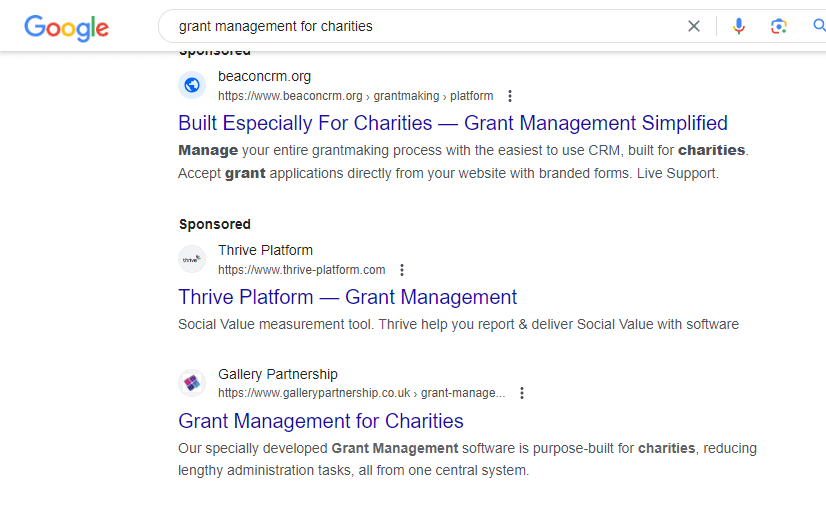
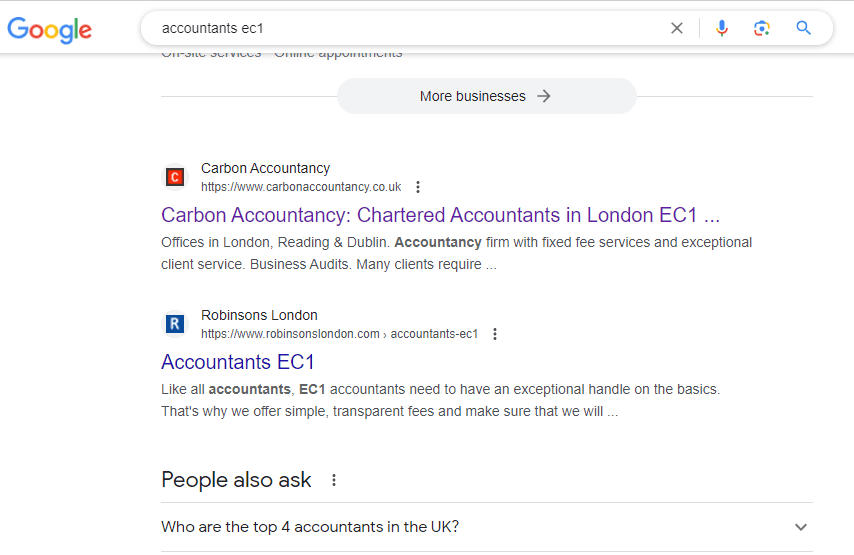
Maddy’s Rock the Joint Jive School “learn to jive London”: 1st top of organic search page 1
Bigmore Associates “IFA Walton on Thames” 2nd organic search page 1
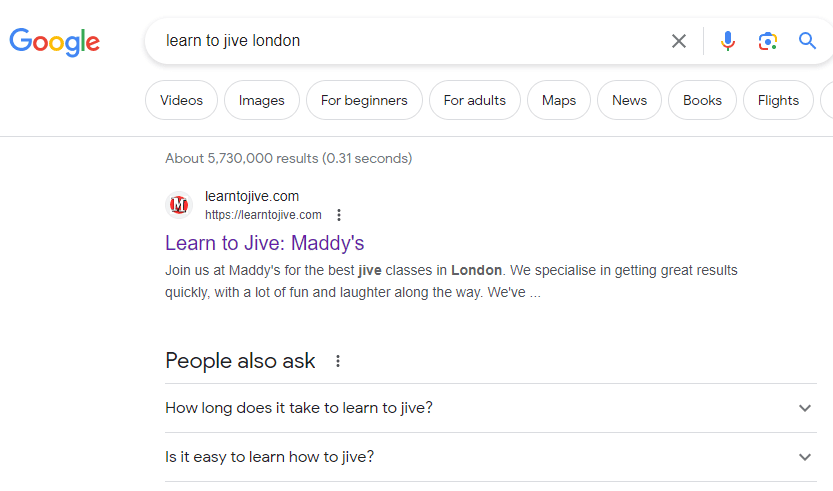
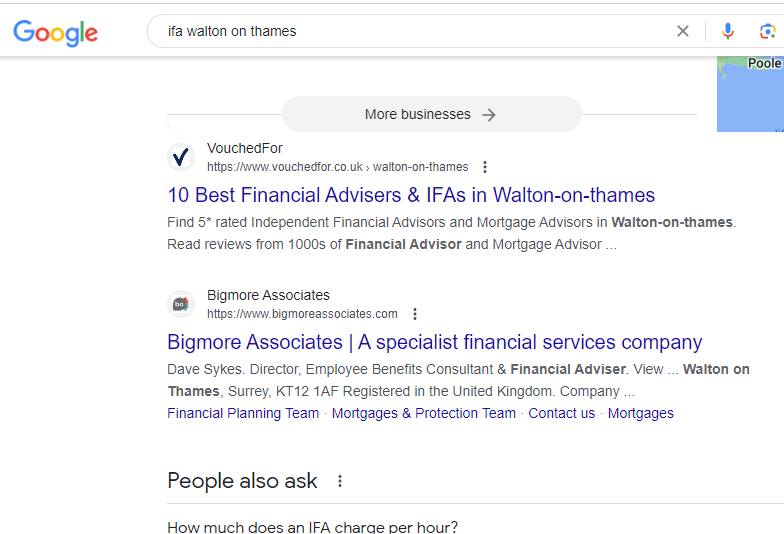
WB Directors “women on boards”: 1st top of organic search page 1
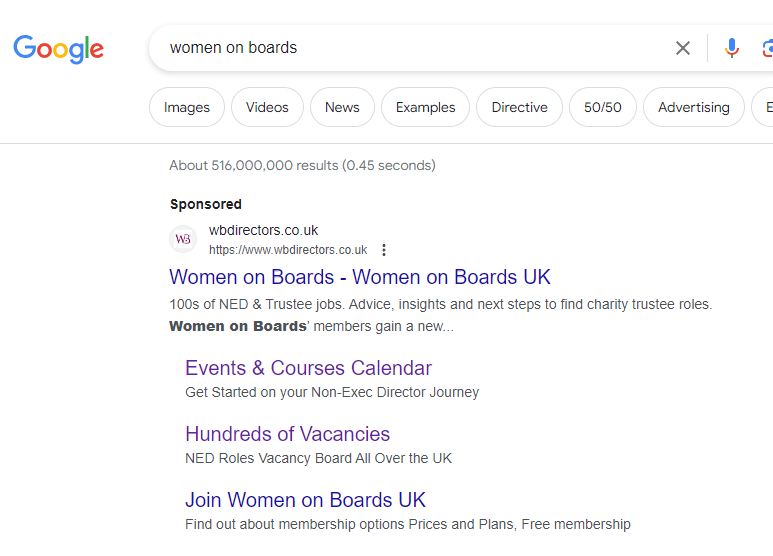
Advantage Utilities “commercial solar panels” : Top of Google Ads page 1
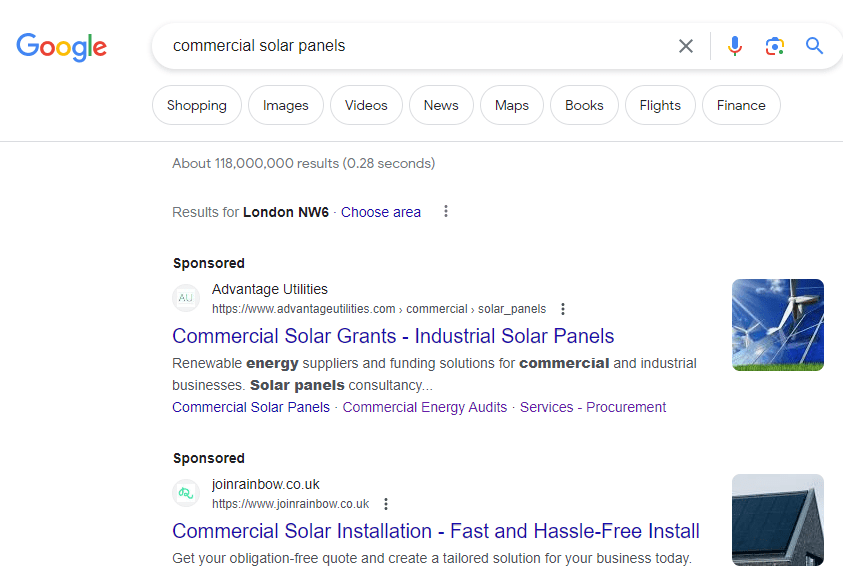
Marketing • Advertising • Media • Internet • PR
Get In Touch...
Pavilion Kensington
96 Kensington High Street
London
W8 4SG
Tel: +4402070994907
Skype: pamvick
Fax: +44 (0) 20 7099 5802
We Can Help With
